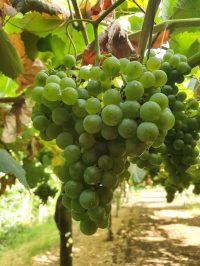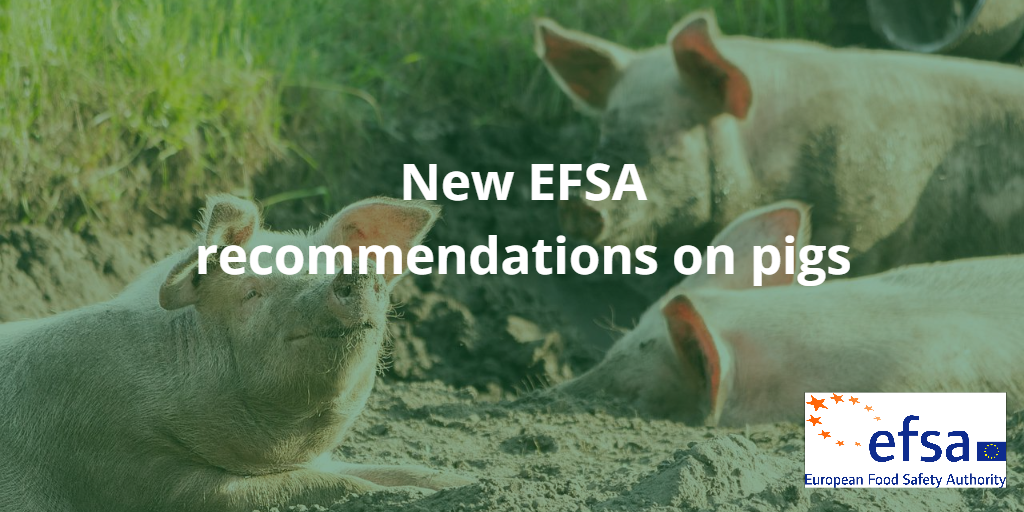New EFSA recommendations

USC, Bianor and FCUP participated at the Healthy Livestock event last June
September 5, 2022
A platform to monitor antibiotic consumption in Spanish hospitals
October 24, 2022The EFSA has provided new recommendations to improve farmed pigs’ welfare in a scientific opinion
The European Food Safety Authority (EFSA) has released the first scientific opinion, of more to come in the next months and the next year. This time, the organism published a document addressing the welfare of farmed pigs, providing different stakeholders like farmers or veterinarians, with suggestions to improve all categories of farmed pigs’ welfare. The publication is framed under the Farm2Fork strategy, a European Commission initiative that wants to make food systems more sustainable, fair, healthy and environmentally friendly.

This scientific opinion names 16 welfare consequences for different husbandry systems, which are highly relevant because of their duration, frequency or severity. For each of them, the experts suggest some Animal-Based Measures (ABM) to improve the health and welfare of the farmed pigs. Among the topics that the document addresses, we can find these:
- Diet
- Water consumption.
- Available space.
- Enrichment material.
- Reproduction
The EFSA recommendations aim to “prevent or correct the hazards and mitigate the relevant welfare consequences”. The document also has the objective to answer to some of the quantitative and qualitative criteria expressed in the End the Cage Age, as part of the European Citizen’s Initiative to improve farmed animals’ welfare.
These recommendations, then, meet the mission of the Farm2Fork strategy and the End the Cage Age, but following them may also help preventing some illnesses and problems at farms. As you know, at NeoGiANT, we work towards animal welfare too, through the development of natural extracts from revalorized white grape marc. These extracts are full of phytochemicals and can provide antimicrobial and antioxidant properties. In addition, they will be produced from local biomass sources in a sustainable way.

NeoGiANT’s extracts will be used for livestock and aquaculture, mainly in three areas:
- Animal feed
- Animal health
- Animal reproduction.
The prevention of problems like AMR is key towards animal health and welfare. As antibiotics are overused in the animal production industry, solutions like these extracts and the EFSA recommendations can create a promising future in animal industry.
If you want to learn more about AMR, some of our team members participated at an event organized by a sister project, Healthy Livestock, which provided perspective about this problem from several stakeholders like industry, farmers or veterinarians. You can take a look at this post or see the posters that Marta Lores (USC), Felipe Martínez Pastor (Bianor-Biotech) and Claudia Serra (University of Porto) presented there.
And for more info and updates, don’t forget to follow us on LinkedIn and Twitter.





